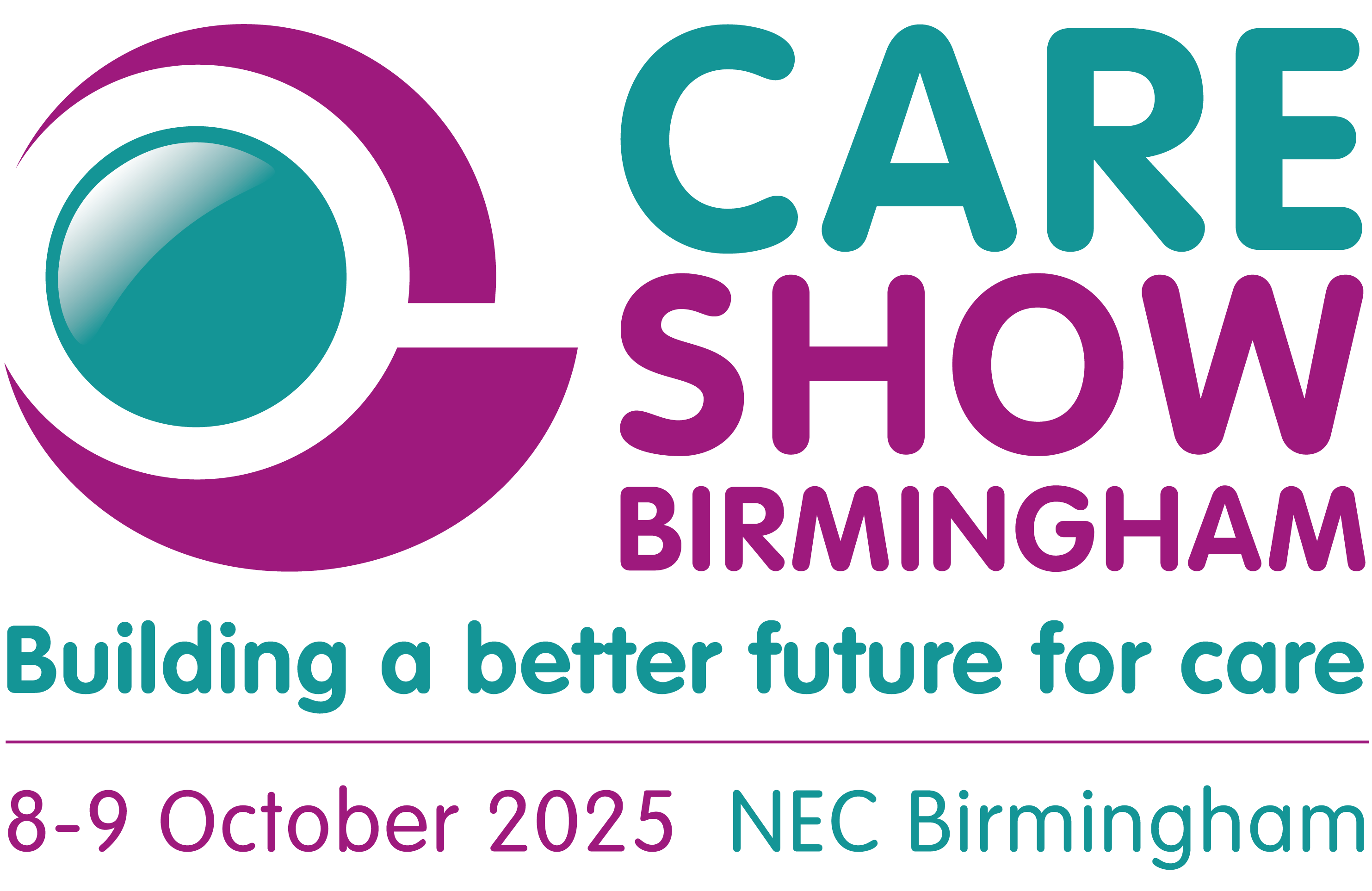How Care Planning Software Helps Care Home Residents With Allergies?
)
How Care Planning Software Helps Care Home Residents With Allergies?
Just like any group of people, care home residents can be diverse in their likes, dislikes and health conditions. This is particularly true of foods, medications, allergies and intolerances. Getting this element of residential care right is vital – and even life-saving in the case of more severe allergies. Thankfully, we are now far more aware of how to manage allergies and intolerances, and what to do to keep people safe from coming into direct contact with foods, medications and chemicals that could cause an adverse reaction.
This job is made even easier with Care Vision’s care planning software. From nutrition monitoring and meal planning tools to emergency response features and collaborative working, care home managers can feel confident in looking after residents affected by allergies and keeping everybody safe. Here are some of the ways in which this intuitive, interactive software can support this important aspect of residential care management.
Meal planning
Care Vision has a full meal planning feature, which can allow managers, catering staff and medical professionals to plan and prepare meal that are free from allergens for those who need that, while still offering the right levels and ratios of vitamins and other nutrients. Meal plans can be created to cater for individual needs, with notes added around special arrangements for food prep, allergens and possible reactions to certain food groups. Meal planning can be done on the same app as ingredient procurement and invoicing to bring all food and drink related admin tasks together. This helps ensure that mistakes are not made and time spent on allergy care is spent wisely.
Nutritional monitoring
Using a nutrition monitoring tool helps carers know what residents have eaten and track any trends in worsening or improving health related to their food and drink. Likewise, this helpful function can track symptoms of allergies and reactions to foods, so that they can be cut out of the person’s diet going forward. Nutrition monitoring also checks on changes in people’s appetites, which can be linked to hitherto unknown allergies making them feel unwell, anxious and more reluctant to eat and drink. Details can be updated in real-time, to allow safer handovers between carer shifts and an accurate track record of nutrition over the past 24 hours.
eMAR and allergies to medication
A digital medication record tool is a huge help for care home managers needing to track allergic reactions in their residents to medicines, tablets and ointments. Again, the system can be updated in real-time to allow safer handovers and enable carers to react instantly to any allergic reactions from medicines, such as rashes, anaphylaxis, breathing trouble, sneezing, swelling or nausea and diarrhoea. Information added to eMAR records can also help inform external medical professionals during clinic appointments, therapy sessions and hospital transfers. It can be extremely useful to family members who take their loved one out for the day, for example, so that they can see what medications are safe to administer and what precautions need to be taken while away from the care home.
Nurse call and emergencies
In more severe cases, an allergy can turn into a more serious situation – even a medical emergency. Time is of the essence in such cases, which is why Care Vision’s Nurse Call system can, quite literally, save lives. Residents can call for immediate emergency help from a qualified nurse, who will be able to help them handle the effects of the allergic reaction if possible, or seek emergency help from outside where required. Care Vision is available 24/7, meaning that people suffering from allergies requiring more urgent attention can be seen and helped at any time of the day or night.
Joined-up care
Finally, when a severe allergic reaction or anaphylaxis is underway, the more information that the responding team can have, the better informed and more effective their treatment of the patient will be. Care Vision’s digital format and connectivity enables key data and information to be accessed and sent to the appropriate people to let them know how to proceed. Having allergy information easily to hand in the care home resident’s personal records will also help care staff keep them safe during mealtimes, when dispensing medication and during events that involve potential allergens, e.g. gardening, cooking, pet therapy or crafts.

